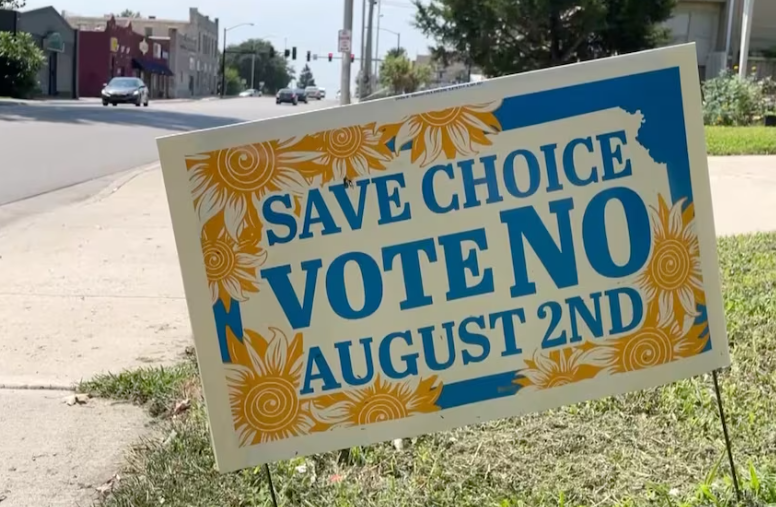On Friday, Kansas’ highest court permanently blocked the state from enforcing a law that banned the most common second-trimester abortion procedure. The court ruled that the ban violated the right to abortion under the state constitution, a right the court had recognized in 2019.
In a 5-1 ruling, the Kansas Supreme Court, with one justice not participating, upheld a lower court order that blocked the law. The law, passed in 2015, prohibited the dilation and extraction procedure, except in narrow cases of medical emergencies.
Abortion providers challenged the law shortly after its passage, arguing that the state constitution guaranteed a right to abortion. The Kansas Supreme Court’s 2019 ruling agreed with the providers, affirming that such a right existed. Although the court upheld a preliminary order in favor of the providers, it sent the case back to the lower court for further litigation. The state appealed to the Supreme Court again after the lower court ruled in favor of the providers.
Justice Eric Rosen, writing for the majority, stated, “We stand by our conclusion that the Kansas Constitution Bill of Rights protects a fundamental right to personal autonomy, which includes a pregnant person’s right to terminate a pregnancy.” Justice Caleb Stegall, a conservative judge who also dissented in the 2019 ruling, argued that the constitution’s plain text and original meaning did not include a right to abortion.
Nancy Northup, president of the Center for Reproductive Rights, which represented the plaintiffs, called the ruling “an immense victory for the health, safety, and dignity of people in Kansas and the entire Midwestern region, where millions have been cut off from abortion access.” Kansas Attorney General Kris Kobach, a Republican whose office defended the law, expressed disappointment, stating, “When the word liberty was included in the constitution, no one thought they were creating a right to an abortion.”
Abortion remains legal in Kansas up to 22 weeks. In August 2022, Kansas voters rejected a measure to remove abortion rights from the state constitution. This vote occurred after the U.S. Supreme Court overturned Roe v. Wade, which had established a right to abortion nationwide. The overturning allowed many Republican-led states to ban or restrict abortion, triggering a wave of litigation. As a result, Kansas has become a destination for women seeking abortions from nearby states that have enacted bans, including Texas, Oklahoma, and Missouri.

